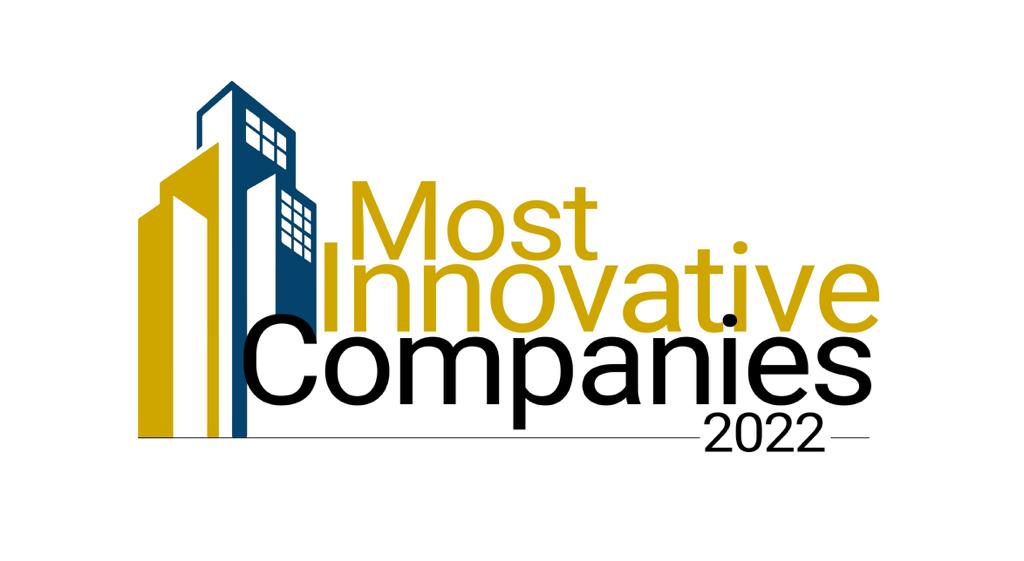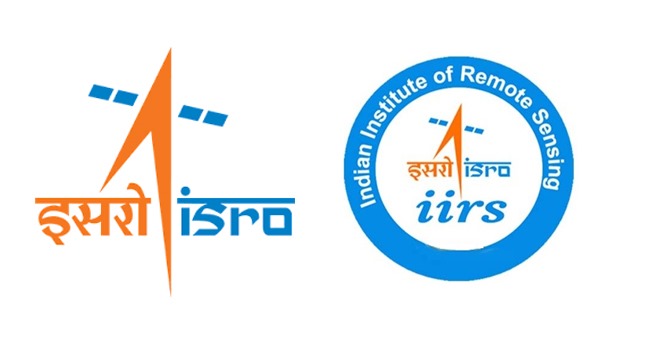Crack your 'GATE' WAY to Data Science in IITs
The Data Science and AI GATE exam is not just an examination; it’s a gateway to a future powered by innovation, insight, and intelligence. The rewards are abundant for engineering graduates who dare to step into this dynamic world – from lucrative career prospects to the thrill of shaping the future. So, if you’re an engineering graduate with a thirst for knowledge and a passion for technology, consider taking the Data Science and AI GATE exam – your pathway to unlocking a world of limitless opportunities.
Sphoorthy Nadimpalli
Co-Founder & Program Director
GATE (Data Science) & Quantum Computing
01
Get to know Data Science
FAQs on Data Science
- Candidates from engineering branches like Computer science, Electronics and Telecommunication, Electrical, Mechanical and Engineering science are eligible to write the DA paper.
- Also, Mathematics, Physics, and Statistics candidates are eligible to write the DA paper.
- In recent years, demand for trained data analysts has witnessed an exponential growth. Data analysis is not only essential but indispensable for meeting the challenges of making most efficient strategic as well as tactical decisions. Applications of data science take place in various domains such as government sector, agriculture, atmospheric sciences, infrastructure management, financial markets, e-commerce.
- Many businesses have started realizing this power of data and are gunning towards becoming data-driven businesses, as these actionable insights saves huge amount of cost and time which results in higher profitability and efficiency.
- However, there is a huge gap between the demand and supply of quality data engineers and hence the popularity is growing at a higher rate. This demand has given rise to the emergence of Data Science training programs all across the globe. Although it has not been widely spread in the Asian markets, but it is soon to be the most coveted giving field there is.
- Programs offered by Trinity GAC are designed and executed in association the with industry i.e. the firms working in the Data Science domain. Hence these some of of the most comprehensive and state of the art programs in this domain. These programs are blend of academic rigour and significant industry exposure equipping learners with highly advanced conceptual knowledge and futuristic skill-sets.
- Our vision is to up-skill people on high-end technologies like Deep Learning, Machine Learning, Big Data and make them employable. Every domain of computing such as data analysis, software engineering, and artificial intelligence is going to be impacted by Data Science & AI. Therefore, every engineer, researcher, manager or scientist would be expected to know Data Science.
The programs are conducted by well-known industry partners, researches and experts from leading industry and renowned R&D organizations. For this, Trinity has worked with Industry/ R&D partners in different domains, who collaborate and work with them in conducting the training programs. This also facilitates the interaction between beneficiaries and industry experts to enable collaboration and finding opportunities for parent institutions.
- Today’s world is highly dynamic w.r.t. abundance of data and multidisciplinary research. it thus burdens the decision maker to analyse data and take meaningful decisions. With the availability of various tools and user-friendly statistical software, the ability to analyse large amount of engineering data is not only desirable, but a necessity for any professional.
- With the emergence of digital data, data-driven decision making has now been an integral part of the efficient functioning of every organization, and more generally of society at large. The programs offered by Trinity GAC are designed to help working professionals to acquire essential skills and knowledge for asking the right questions, addressing them with analysis of the right kind of data, and finally drive the decisions with the insights gained from the analysis to drive decisions. The programs thus provides a framework for transforming data into insights that are coupled into an effective business decision making process. We strongly believe that this unique blended competency is the requirement in the Analytics profession today.
- Data-driven decision making is a defining hallmark of organizations in the 21st century. Application of data analytics is promising creative and cost-effective solutions to traditionally intractable problems in wide areas spanning the private and public sectors. This rise of data analytics application in management practice is equally matched by an acute demand for skilled analytics professionals who can deliver state-of-the-art solutions to business problems.
- The AI industry market size is projected to be $266.92 billion by 2027 at a CAGR of 33.2%*. As modern organisations turn towards Machine Learning (ML) and Artificial Intelligence (AI) for responsive and automated business solutions, skilled talent that will help them harness the full potential of these technologies, are in high demand.
- In a recent article1 based on a survey of nearly 3000 executives, MIT Sloan Management Review reported that there is striking correlation between an organization’s analytics sophistication and its competitive performance. The biggest obstacle to adopting analytics is the lack of knowhow about using it to improve business performance. Business Analytics uses statistical, operations research and management tools to drive business performance.
- Companies such as Amazon, Google, HP, Netflix, Proctor and Gamble and Capital One uses analytics as competitive strategy. Business Analytics helps companies to find the most profitable customer and allows them to justify their marketing effort, especially when the competition is very high. From Netflix to Google, world-renowned companies have multiplied their business growth with Data Science and Machine Learning (ML) applications, guided by a data-driven approach to decision-making. According to Analytics Insight (2020), around 77% of devices that we presently use are utilizing ML.
The scope of data analysis within business is limitless. From tracking customer behaviour and input prices, to simulating road traffic and competitors’ sale strategies, a skilled Data Scientist can contribute to the success of a business in many ways. Artificial Intelligence and Machine Learning are helping leaders make informed decision in board rooms. These decisions are disrupting the business environment and creating more opportunities in every industry and function.
Some of the key benefits of using analytics in businesses are:
- Improving the decision-making process (quality and relevance)
- Speeding up data-driven decision-making process
- Better alignment with firm strategy
- Realising cost efficiency
- Responding to user needs for availability of data on a timely basis
- Improving competitiveness
- Producing a single, unified view of enterprise information
- Synchronising financial and operational strategy
- Increasing revenues
- Sharing information with a wider audience
Top Business Applications of Machine Learning:
- eCommerce: Customer Support, Product Recommendation
- Healthcare: Drug Discovery, Disease Diagnosis
- BFSI: Algorithmic Trading, Portfolio Management
- Transport: Safety Monitoring, Air Traffic Control
- Heavy Engineering: Industry 4.0, Predictive Machine Analytics
02
Training Structure
Learning Modules
An Overview
GATE Syllabus for DS and AI
- Data Science and Artificial Intelligence (DA) paper was recently announced for GATE 2024. The GATE syllabus for Data Science and Artificial Intelligence (DA) 2024 covers a wide range of topics like Probability, statistics, linear algebra, algorithms, Programming, Data Structures, database management systems, warehousing, machine learning and Artificial intelligence.
- GATE Syllabus For Data Science and Artificial Intelligence (DA) 2024 is designed to measure a candidate’s knowledge of statistics, analytics, data structures and coding through Python. Moreover, aspirants must thoroughly go through and understand the GATE syllabus before starting the preparation for the DA paper.
Module 1
Probability and Statistics
- Counting (permutation and combinations), probability axioms, Sample space, events, independent events, mutually exclusive events, marginal, conditional and joint probability, Bayes Theorem, conditional expectation and variance, mean, median, mode and standard deviation, correlation, and covariance, random variables, discrete random variables and probability mass functions, uniform, Bernoulli, binomial distribution, Continuous random variables and probability distribution function, uniform, exponential, Poisson, normal, standard normal, t-distribution, chi-squared distributions, cumulative distribution function, Conditional PDF, Central limit theorem, confidence interval, z-test, t-test, chi-squared test.
Module 2
Linear Algebra
- Vector space, subspaces, linear dependence and independence of vectors, matrices, projection matrix, orthogonal matrix, idempotent matrix, partition matrix and their properties, quadratic forms, systems of linear equations and solutions; Gaussian elimination, eigenvalues and eigenvectors, determinant, rank, nullity, projections, LU decomposition, singular value decomposition.
Module 3
Calculus and Optimization
- Functions of a single variable
- Limit, Continuity and Differentiability
- Taylor series
- Maxima and minima,
- Optimisation involving a single variable.
Module 4
Programming, Data Structures and Algorithms
- Programming in Python, basic data structures: stacks, queues, linked lists, trees, hash tables; Search algorithms: linear search and binary search, basic sorting algorithms: selection sort, bubble sort and insertion sort; divide and conquer: merge sort, quicksort; introduction to graph theory; basic graph algorithms: traversals and shortest path.
Module 5
Database Management and Warehousing
- ER-model, relational model: relational algebra, tuple calculus, SQL, integrity constraints, normal form, file organisation, indexing, data types, data transformation such as normalisation, discretisation, sampling, compression; data warehouse modelling: schema for multidimensional data models, concept hierarchies, measures: categorisation and computations.
Module 6
Machine Learning
- Supervised Learning: regression and classification problems, simple linear regression, multiple linear regression, ridge regression, logistic regression, k-nearest neighbour, naive Bayes classifier, linear discriminant analysis, support vector machine, decision trees, bias-variance trade-off, cross-validation methods such as leave-one-out (LOO) cross-validation, k-folds cross-validation, multi-layer perceptron, feed-forward neural network;
- Unsupervised Learning: clustering algorithms, k-means/k-medoid, hierarchical clustering, top-down, bottom-up: single-linkage, multiple linkages, dimensionality reduction, principal component analysis.
Module 7
AI (Artificial Intelligence)
- Search: informed, uninformed, adversarial; logic, propositional, predicate; reasoning under uncertainty topics – conditional independence representation, exact inference through variable elimination, and approximate inference through sampling
03
Learning Paths
Training by Experts in Data Science
Start your preparation with comprehensive programs for GATE to get into IISc, IITs, NITs and PSU Jobs. We offer Stream specific programs for Data Science and Artificial Intelligence
- Currently, we offer online training programs in across India for GATE 2024 in Data Science.
- Live Online, Self Learning and Test Series programs are offered by TRINITY EAC,



